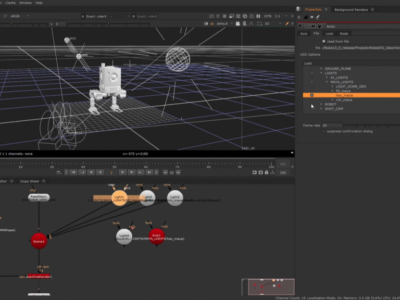The process of conceptualizing a plot, scriptwriting, directing, shooting, sound recording, lighting, editing, production coordinating, and screening is the fine art of filmmaking. The director uses the movie as a vehicle to reach a wide audience. The director of the movie is a painter who paints his ideas on the canvas of the movie. However, it is a simple method of reaching a large audience. The objective of films, on the other hand, is entertainment, and films are a highly well-liked type of art. Since technology has introduced new and improved tools like cameras, digital printing machines, etc. into the filmmaking process over the years, there have been significant changes to the process over time.

Career Prospects
Candidates who have taken a filmmaking course have a plethora of opportunities. There is a great need for these people because the entertainment business is constantly increasing. The field of filmmaking constantly has promising and lucrative job opportunities. Students who successfully complete the course can first find employment as Camera Production Assistants, Motion Control Operators, Assistant Directors, Assistant Production Controllers, Camera Operators, and so forth. They will gain experience through time and may also work as:
- Photographic director
- Cinematographer
- Editor of videos
- Cameraman
- Videographer
- Director
Doordarshan, different film, television, and fashion studios, as well as the event management sector, ad agencies, and corporate entities, are the main employers in these industries.
Course Features
- Lectures 0
- Quizzes 0
- Duration 69 hours
- Skill level All levels
- Language English
- Students 51
- Assessments Yes
Features
- Film Dimension and Packaging
- Processing and Printing
- Films for Motion Picture
- Motion Picture Cameras
- Special Cinematography
- Shooting Format
- Various Camera Test
- Types of Film Cameras
- Types of Digital Filmmaking
- Cinema Projection




